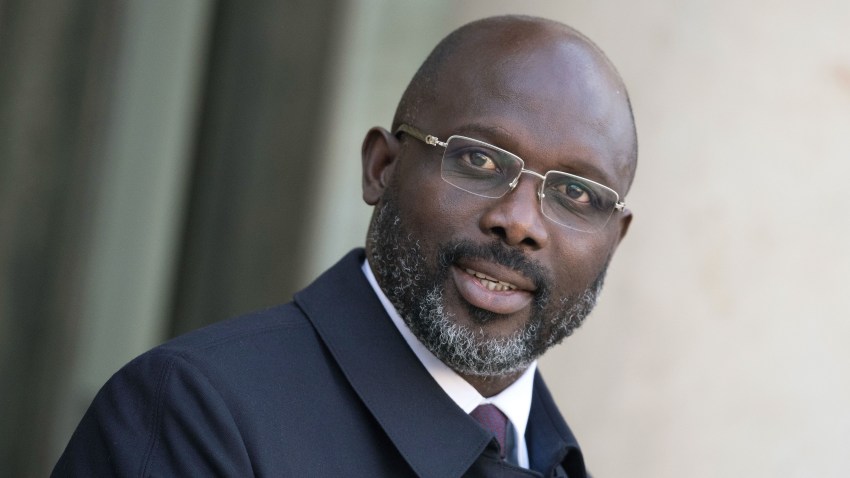Liberia is scheduled to hold its next general election in October, a vote that will determine the country’s next president and its national lawmakers. The election will be Liberia’s fourth since the end of the Second Liberian Civil War in 2003. It will also mark the country’s consolidation of multiparty democracy, with peaceful transfers of power that were absent for a portion of Liberia’s history. Amid domestic challenges, as well as a growing fear of democratic backsliding and the return of military coups in neighboring West African countries, Liberia’s upcoming election could have major domestic and regional ramifications.
Established in 1847, Liberia is Africa’s first and oldest modern republic, and it was relatively stable for the first 140 years of its history. But in the latter part of the 20th century, the country experienced a lengthy period of political instability due to sociopolitical divisions, controversial elections that deepened those rifts, a military coup in 1980 and two bloody civil wars—the first beginning in 1989 and the second a decade later. During those periods of volatility, Liberia was governed by civilian, military and caretaker governments, the latter of which were created through negotiations brokered by international actors including the Economic Community of West African States.
The head of one of the last of those governments, Charles Taylor, was forced to step down in 2003 during the Second Liberia Civil War due to international pressure aimed at achieving a peaceful resolution to the conflict. He was later convicted by a special court created by the United Nations and the government of Sierra Leone for war crimes committed during the second civil war. After a two-year transition under a caretaker government, elections held in October 2005 marked the beginning of Liberia’s new democratic experiment. Ellen Johnson Sirleaf won the presidential race in a second-round runoff and became the country’s first democratically elected female head of state when she was sworn into office the following January.

